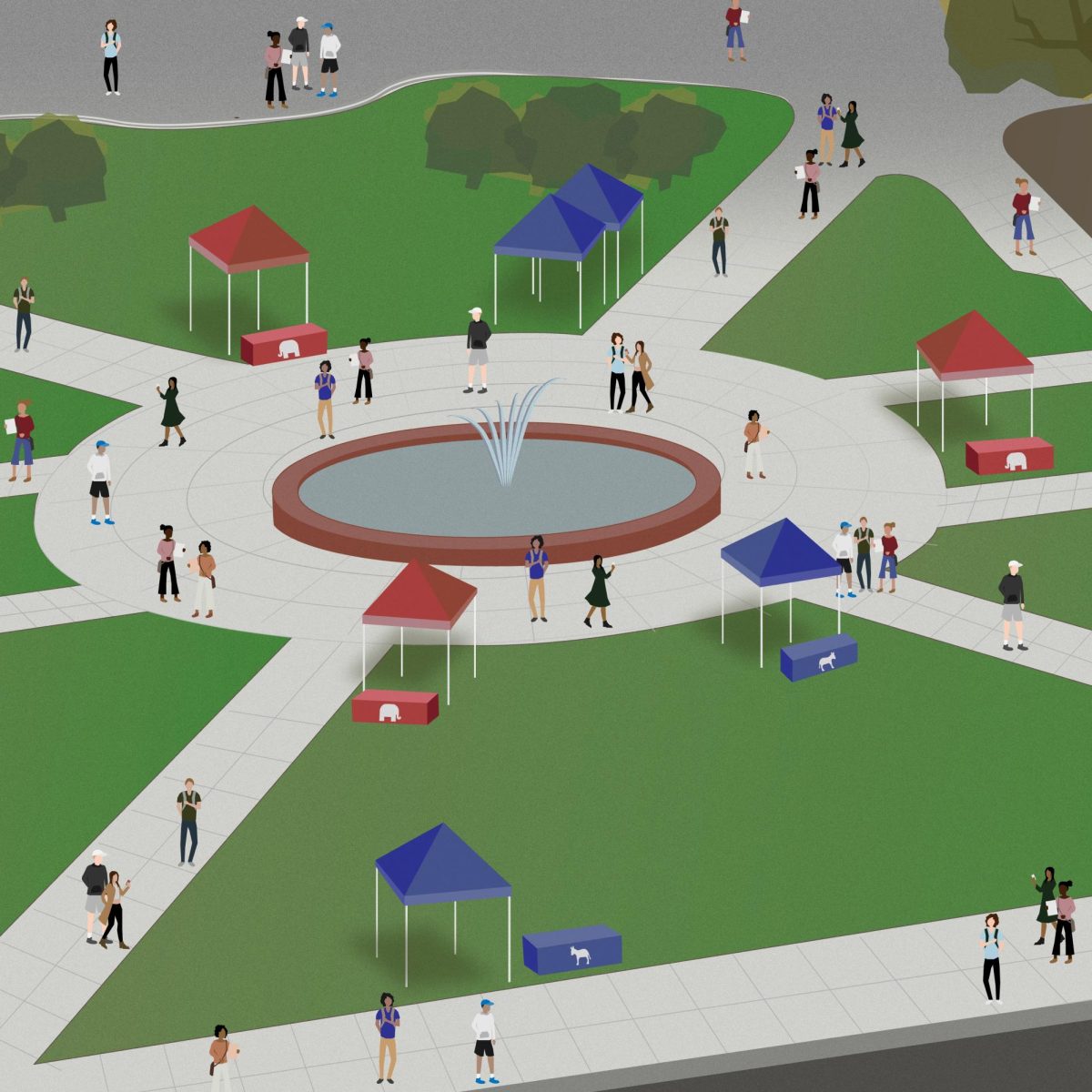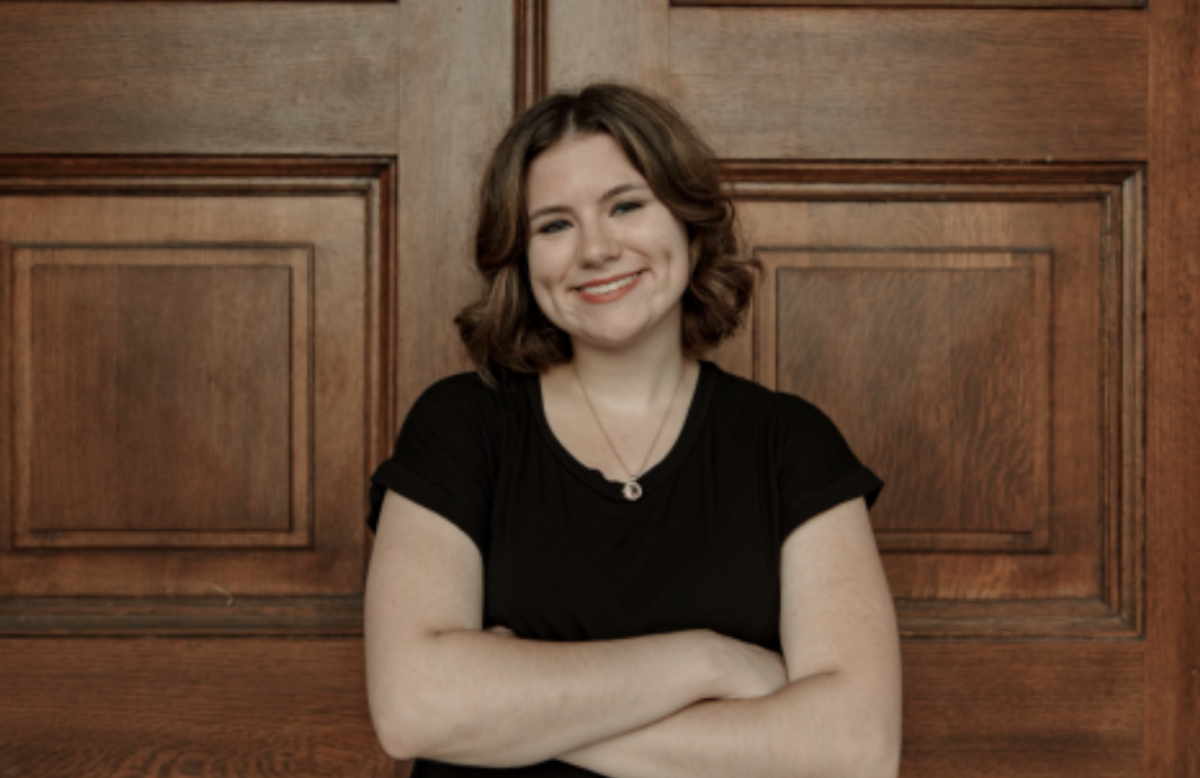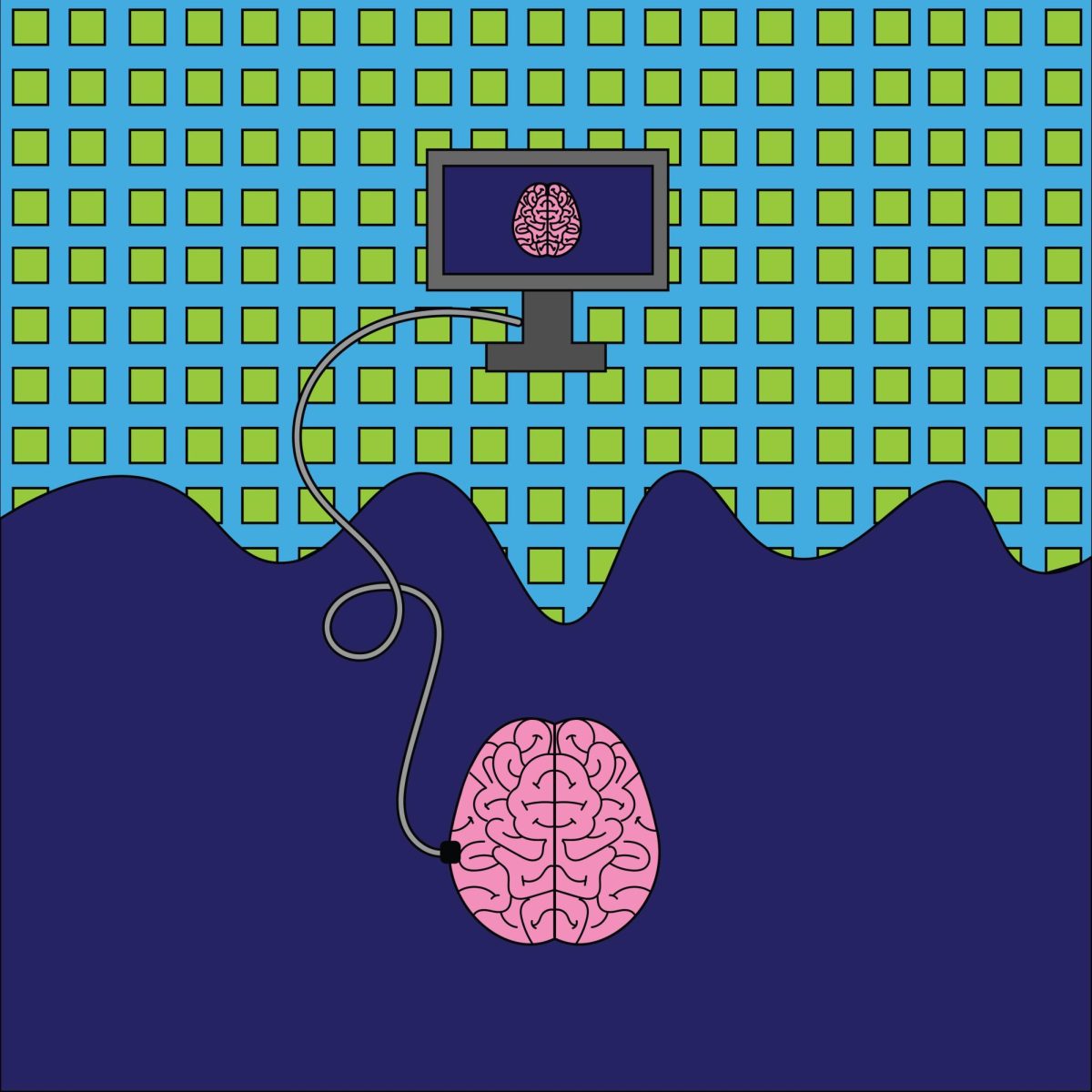
For most, graduation is a time for happiness, joy and the success that comes with earning a degree from the University of Wisconsin. For one student, however, graduation 2010 provided a different feeling, culminating in an attempt to end his life.
UW senior Albert “Alby” Luciani spent the six months before graduation planning his suicide, eventually taking a bottle of muscle relaxants the night before the ceremony.
The day itself proved to be calmer than Luciani thought. The stress of the previous six months behind him, he no longer needed to worry about someone discovering his plan.
He sent his 60-page suicide note via email, made a bed in his closet and crawled under the covers never intending to wake up again.
When he woke up the next day in the hospital, disappointment flooded his body. For about the first, Luciani still wished he was dead.
Then something changed.
“I was like ‘Alright, you’re an idiot. God wants you here. Fix this. Do what you can to be a good person,'” he said. “You can’t just fade away quietly.”
Although fading away quietly is exactly what Luciani hoped to do.
Within one year, six relatives – including his younger brother and stepmother – were diagnosed with cancer. His mother suffered a stroke. His girlfriend cheated on him with his best friend. When one set of grandparents died, it was Luciani’s tipping point.
“My nana and nanu died within five weeks of each other,” he said. “I got really, really sad…and that’s when I started thinking really, really heavily about suicide.”
Prior to having suicidal thoughts, Luciani loved life at UW. He held positions in his residence hall, with UW’s Professional Business League and worked for SOAR and University Housing.
As PBL’s head of recruitment, Luciani helped the organization blossom from nine to more than 400 members.
He received an internship and was offered a job upon graduation complete with a company car, rent-free apartment and salary of $60,000 per year.
So how did such an involved, seemingly content person end up on the floor of his closet without a single person knowing how he felt? He lied.
Luciani did not attend class or take exams. He stayed in his room and gained 70 pounds. He avoided friends and family through deceit to the point where no one knew how distressed he was until after he attempted suicide.
“No one had any idea,” he said. “Not even my roommates knew. I told them I was going to the library – I went to write a suicide note.”
After re-evaluating his life, Luciani shared his story with The Badger Herald to help other students.
“I see how stupid that was, how many people I would have hurt, but kids feel like that and we’ve got to be able to stop it,” he said.
Luciani is using his second chance to help UW develop programs to raise awareness about suicide and hopefully prevent students from going as far as he did.
Through efforts by the Division of Student Life and University Health Services, UW will soon have more programs to give students a stronger web of support.
Currently UHS offers various counseling services to students including individual, group and couple’s counseling, among others Counseling and Consultation Director Danielle Oakley said. However, some students may not seek help due to societal stigmas or fear of going against cultural norms.
The main programs UHS is focusing on are At Risk, Let’s Talk, Health Ambassadors and a new system to access services, which Oakley would like to have running by spring 2011. Each program is designed to educate the campus about mental health issues and to break down barriers to receiving services, Oakley said.
On its end, DSL is changing the withdrawal program at UW. Currently, Dean of Students Lori Berquam said students can withdraw without physically talking to a staff member.
While many reasons for withdrawal exist such as financial hardship, Berquam said withdrawing is one avenue suicidal students could take, which is why DSL is establishing the Withdrawal Interview Program.
DSL is also working with UW’s Lesbian, Gay, Bisexual and Transgender Campus Center and the School of Education who are both engaged in anti-bullying endeavors.
As for Luciani, he is back at UW. He lives in his fraternity house with 19 other guys and not only attends class, but social events as well.
“I know it’s corny, but life is a lot prettier than you see it every day,” Luciani said. “People are a lot more loved than they realize – there’s a lot more to live for.”



















